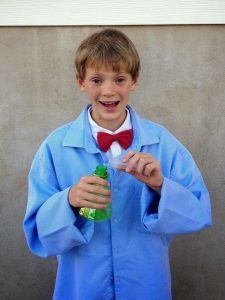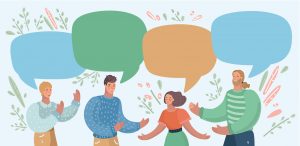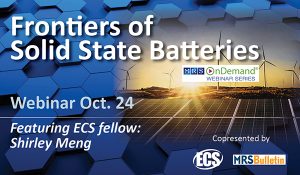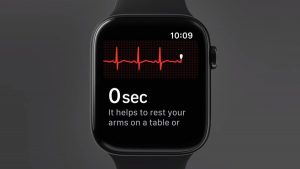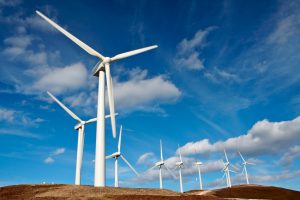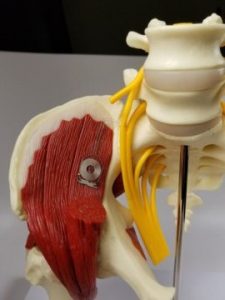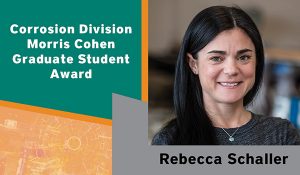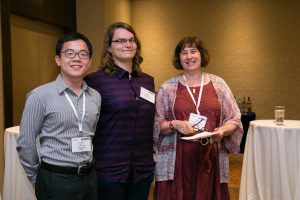
K.M. Abraham winners Xiangwen Gao (left) and Anna Freiberg (middle), alongside ECS Battery Division Vice Chair Marca Doeff (right).
ECS is pleased to announce the winners of the Society’s 2018 K.M. Abraham Travel Awards: Anna Freiberg and Xiangwen Gao.
In 2016, K.M. Abraham, a long-time ECS member and leader of the Battery Division, established an endowment for the division to give travel grants to two outstanding students from the fall meeting travel grant applicant pool. The student travel grant program recognizes promising students in the science and engineering areas of electrochemical energy storage and conversion and helps defray the costs of travel, lodging, registration, and subsistence for students to present a paper or a poster at an ECS meeting in a symposium sponsored or cosponsored by the Battery Division.
The award consists of an $800 check, a meeting registration waiver, a one-year student membership in ECS, a ticket to the Battery Division Luncheon at which the recipients will be recognized, and a grant award certificate. (more…)


